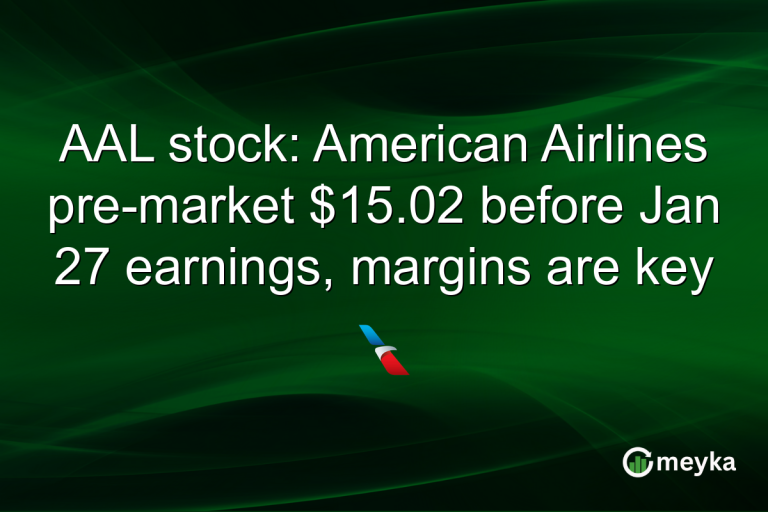UK Motability Scheme News Today: Economic and Political Implications
The UK Motability Scheme, designed to assist disabled individuals, is increasingly under the spotlight. With rapid growth and rising costs, it has fueled debates on public spending. Chancellor Rachel Reeves has noted this in her upcoming budget considerations. Understanding how these developments affect the economy and social welfare is crucial. The scheme’s evolution could have significant implications for both the automotive industry and government policy.
Continue Reading on Meyka
This article is available in full on our main platform. Get access to complete analysis, stock insights, and more.
Read Full Article →





